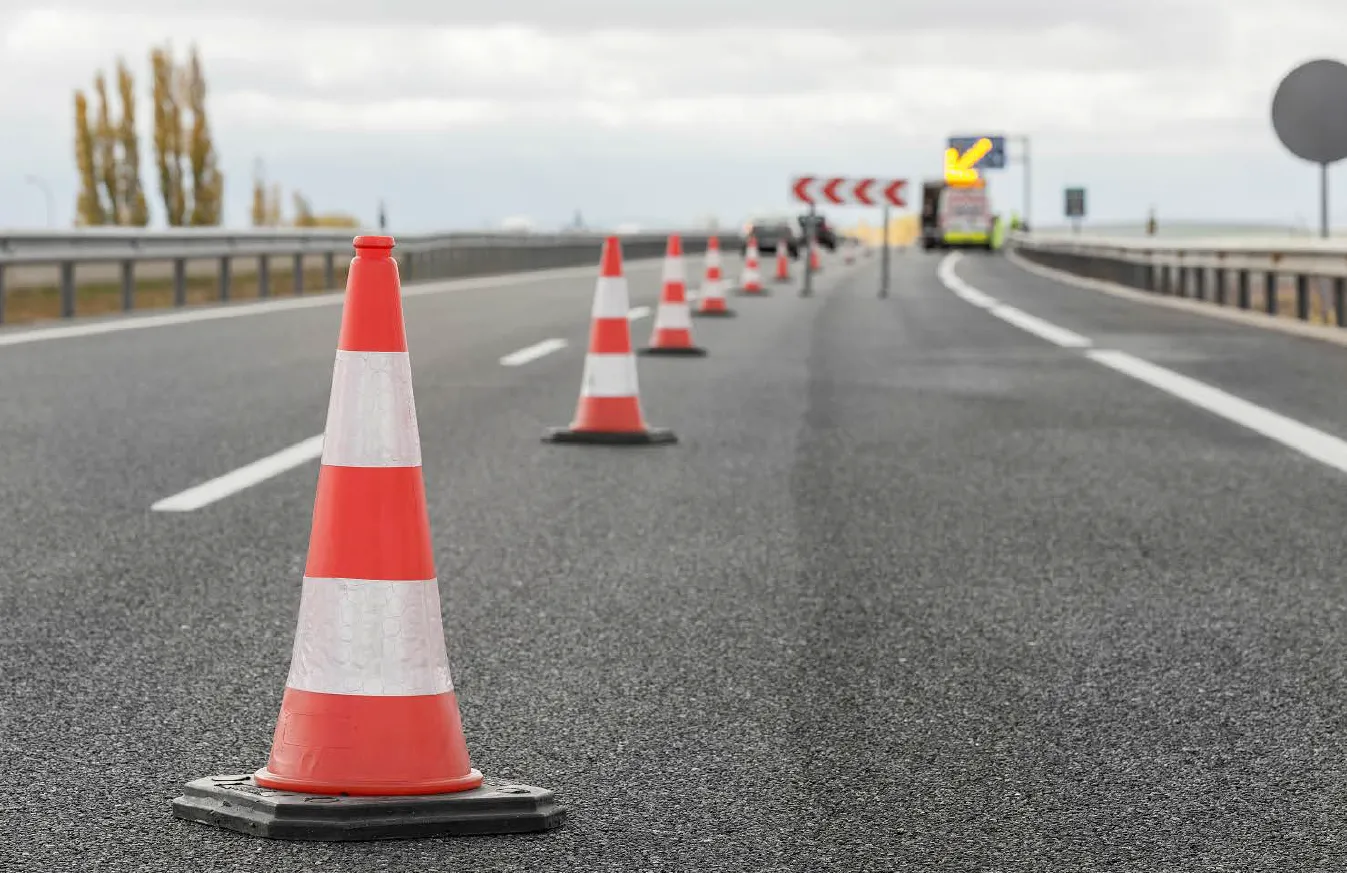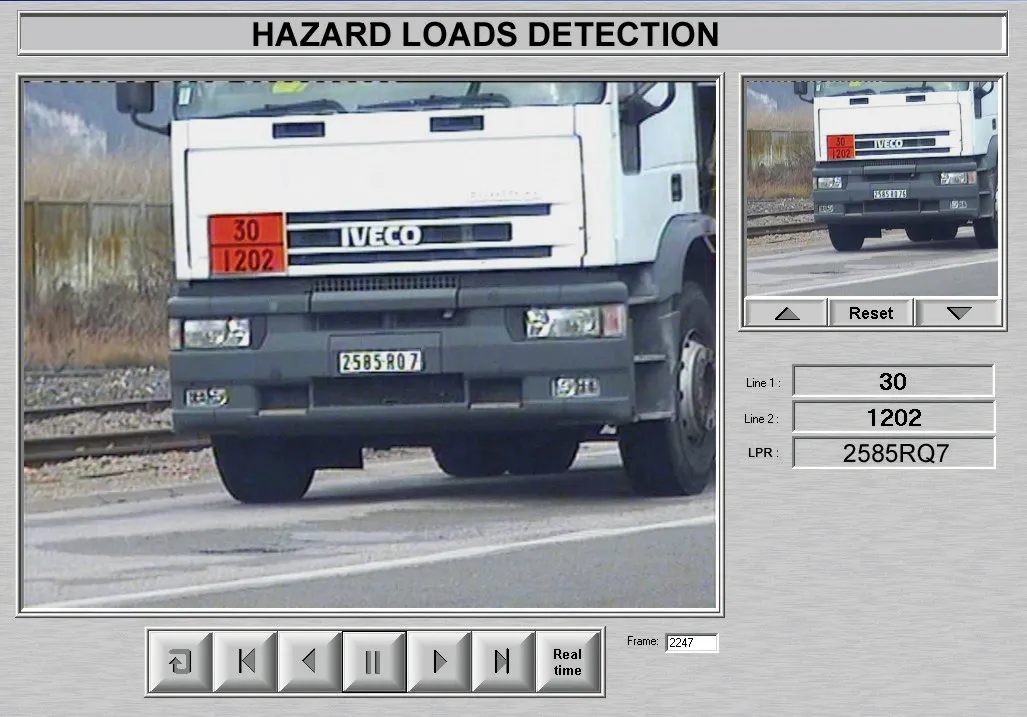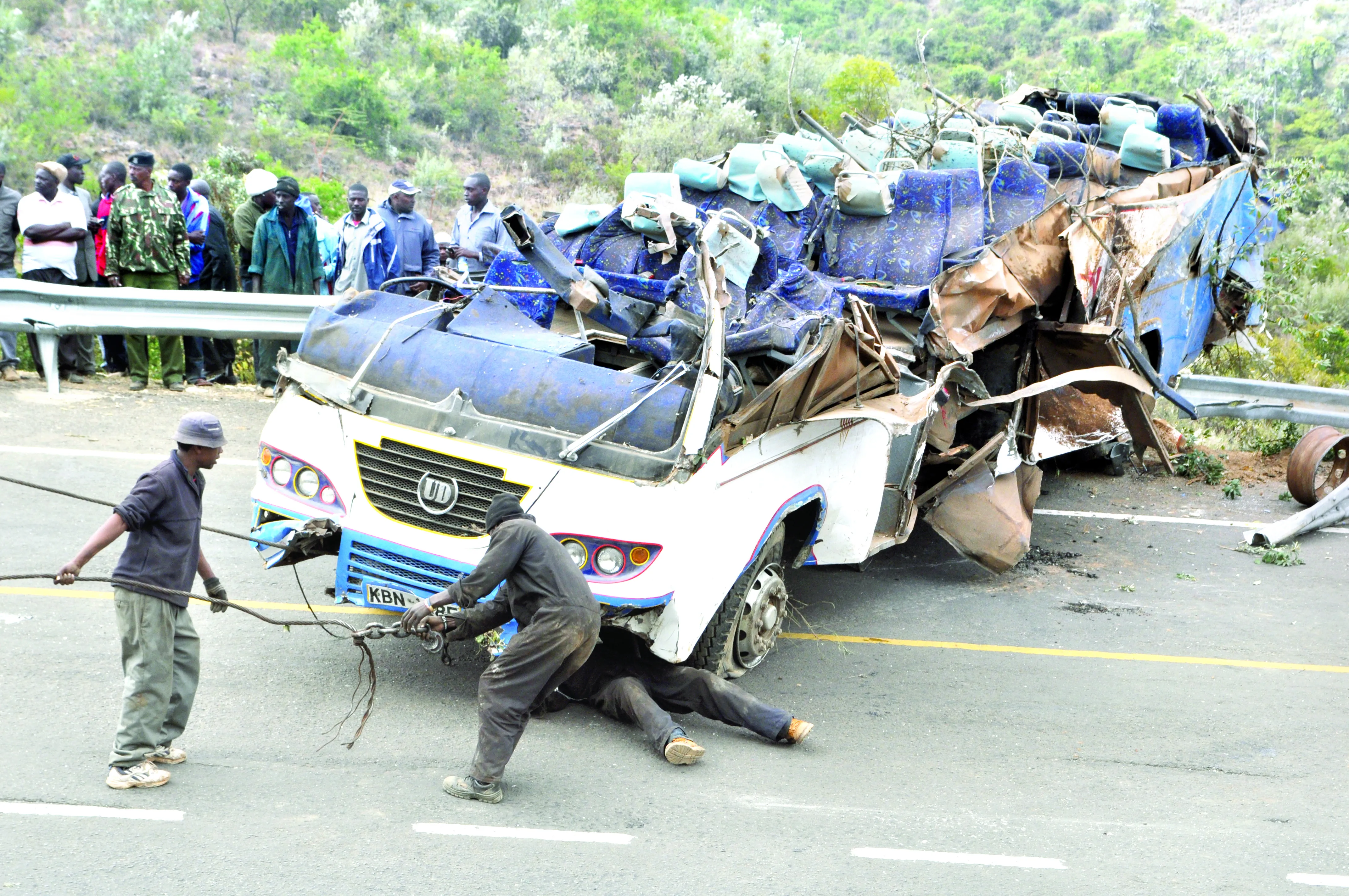
Sacyr has signed an agreement with the Spanish technology multinational GMV to develop a prototype of the autonomous system for placing and collecting traffic cones.
The project, called Automatic Cone Machine Safe Signalling System (ACM3s), being developed by Sacyr Conservación, involves the design of an autonomous cone-handling system.
The two-year agreement is funded by the Centre for Technological Development and Innovation (CDTI), a Madrid-based government agency to foster the development of new technologies within Spanish companies. The autonomous machine, which eliminates the need for human workers to be on the roadway or exposed to physical risks, will use GMV’s uPathWay solution.
Equipped with autonomous navigation and leader-follower technology, the trailer follows the lead maintenance vehicle, placing cones according to safety protocols, detecting obstacles and maintaining the required signalling. At the end of the operation, the trailer automatically re-hitches itself to the lead vehicle.
For accurate cone placement and pick-up, the trailer has a built-in robotic arm that uses artificial intelligence-based algorithms that factor in the relative position of each cone. Sacyr says that ACM3 will increase road safety and help detect the presence of vulnerable road users.
Sacyr is a global infrastructure and services company with operations in 20 countries and with a focus on public-private, P3, projects.
GMV, a privately owned global technology group founded in 1984, has a presence in Europe, the Americas and Asia employing more than 3,000 people. It operates in the sectors of intelligent transportation systems, automotive space, aeronautics, defense, cybersecurity and IT for government authorities and major corporations.









